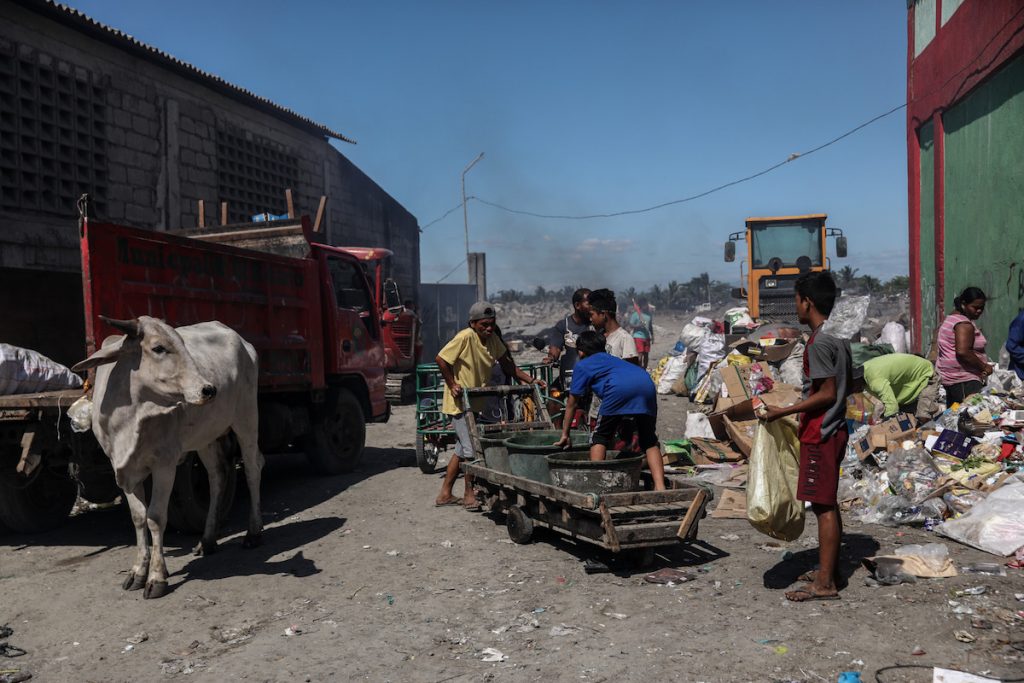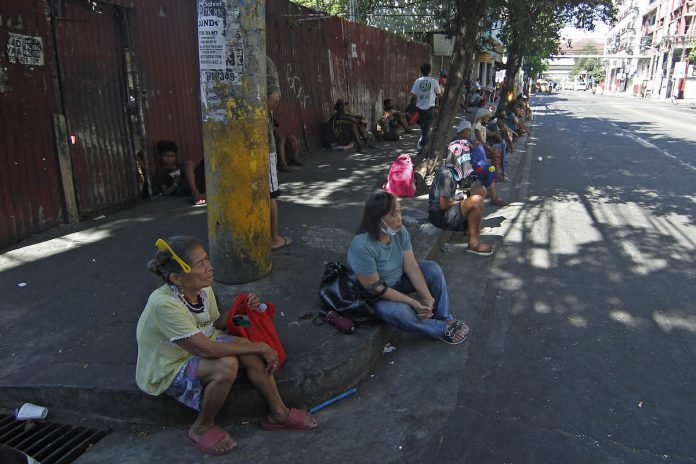Take it from doctors themselves who are in the front line of worldwide efforts to contain the spread of the deadly COVID-19 pandemic.
The group Doctors Without Borders (Médecins Sans Frontières) believes that the COVID-19 crisis will hurt mostly the people who are already neglected.
“The people who will especially suffer will be those already neglected — due to austerity measures, who have fled because of war, who don’t have access to treatment for existing conditions because of privatized healthcare … those who can’t stock up on food because they already can’t afford a meal every night of the week, who are underpaid, overworked and deprived of sick leave, unable to work from home — and those trapped in conflict zones under bombing and siege,” the group said.
“COVID-19 is demonstrating how policy decisions of social exclusion, reduced access to free healthcare, and increased inequality will now be felt by all of us. These policies are the enemy of our collective health,” they pointed out.
They’re spot-on in their assessment of the situation.
In the case of the Philippines, we already have more than 700 confirmed cases of the viral disease, with 45 fatalities and 28 recoveries since President Rodrigo Duterte declared an “enhanced community quarantine” over the whole of Luzon Island, and a state of calamity over the entire country.
The lockdown period from March 15 to April 14 — which is likely to be extended if COVID-19 proves basically unstoppable — already hurts the poor and the neglected because of the conditions in which they live.
Due to the social distancing policy and strict home quarantine in all households decreed by the government, the suspension of public transportation to prevent the spread of the coronavirus beyond geographical boundaries, and the closure of most government offices and business enterprises except those deemed providing essential services such as food, the poor suffer economic displacement and they now depend mainly on the government for food and other supplies necessary for daily survival.
The poor and the homeless already live wretched lives because of inadequate nutrition and poor sanitation and are thus vulnerable to a host of illnesses and medical conditions. The big number of poor and homeless families in the country overburdens already limited government resources.
The neglected must make do with the little that they have, prompting the Church, the business sector and civil society groups to provide some of them with jobs and livelihood opportunities, but these sectors can only do so much. It is the government that bears main responsibility for helping turn their lives around.
The poor and the neglected in the Philippines, as elsewhere, must contend with the double whammy of economic dislocation and the very real possibility of death from the coronavirus unless they get much-needed help in the form of cash assistance and food subsidies during the public health emergency.
It’s bad enough that the poor cannot even afford to buy their own face masks to protect themselves and others amid the deadly contagion. Hence, we must at least give them the means to keep body and soul together amid trying times and extremely difficult circumstances.
The question now uppermost in the minds of most Filipinos — and the world at large, is this: How long will this public health crisis — and our ordeal — last?
The correct answer is: No one knows for now.

We understand that scientists and doctors all over the world are frantically looking at all possible means to develop a vaccine that will prevent the onset of the disease and save those already afflicted with COVID-19.
From time to time, we read news reports of possible drugs or combinations of drugs being developed in various laboratories all over the world that could prove effective in containing the spread of the virus and save many lives.
Until the miracle cure is found, we must do what authorities say we should do at this time: practice social distancing, wash hands properly as often needed, avoid mass gatherings.
These are immediate steps we can do to stop the spread of the disease, but Doctors Without Borders is right: to stop future pandemics from taking place, governments should strengthen their public health systems, and give utmost priority to helping the poor and the neglected cope with all kinds of infectious and communicable diseases such as COVID-19. To do nothing at this point other than band-aid solutions would mean a repeat of the scourge of deadly disease that future generations can very well do without.
Ernesto M. Hilario writes on political and social justice issues for various publications in the Philippines. The views and opinions expressed in this article are those of the author and do not necessarily reflect the official editorial position of LiCAS.news.









